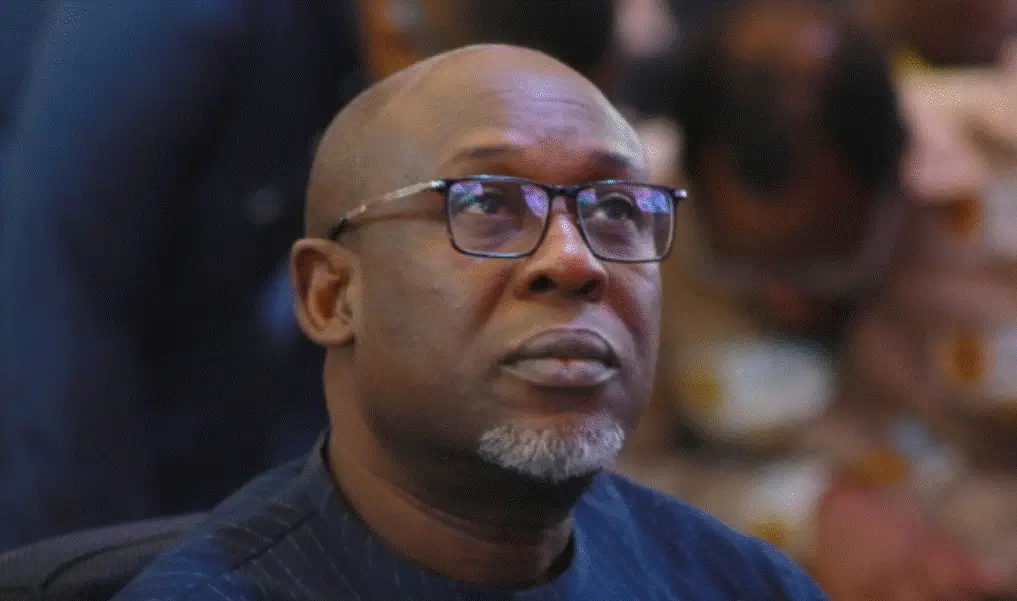Ghana’s energy sector, a critical pillar of the nation’s economy and development, finds itself mired in a quagmire of persistent crises, characterized by escalating fuel prices, burdensome levies, and an unreliable power supply. Kofi Bentil, Senior Vice President of IMANI-Africa, a prominent policy think tank, has pointed a finger at the very individuals entrusted with managing this vital sector, accusing political appointees and technocrats of exploiting the system for personal enrichment. He argues that the persistent challenges plaguing the sector are not merely technical or financial in nature, but are deeply rooted in a culture of incompetence and corruption that allows those in positions of power to profit at the expense of ordinary Ghanaians. This systematic exploitation, he asserts, manifests in the form of inexplicable wealth accumulation by officials who leave office significantly richer than when they entered, raising serious questions about the integrity and transparency of the sector’s management.
Bentil’s critique highlights a recurring pattern of mismanagement and lack of accountability within Ghana’s energy sector. He contends that successive governments have failed to institute the necessary discipline and transparency required to curb the entrenched interests that benefit from the status quo. This failure, he argues, has created a breeding ground for corruption and inefficiency, with ordinary citizens bearing the brunt of the consequences through ever-increasing fuel prices and the imposition of new levies. The recently introduced GHS1 fuel levy, intended to generate GHS5.7 billion annually, serves as a prime example of this burden. While the government pledges to allocate the revenue for critical energy-related expenditures, including debt repayment and fuel procurement, Bentil argues that this measure merely addresses the symptoms rather than the root causes of the sector’s woes.
The crux of the problem, according to Bentil, lies in the entrenched culture of incompetence and corruption. He questions the efficacy of imposing additional financial burdens on citizens without first addressing the fundamental structural issues that drain public resources. He argues that the introduction of new taxes, such as the fuel levy, is not a sustainable solution to the deep-seated problems plaguing the energy sector. Instead, he advocates for a comprehensive overhaul of the sector’s governance framework, emphasizing the need for greater transparency, accountability, and a genuine commitment to tackling the root causes of the crisis. He highlights the ineffectiveness of past interventions, such as the Energy Sector Levies Act (ESLA), which, despite generating significant revenue, failed to address the underlying issues and ultimately proved to be a temporary fix rather than a long-term solution.
Bentil’s accusations raise serious concerns about the governance of Ghana’s energy sector and the potential for widespread corruption. His assertion that officials leave office considerably wealthier than when they entered suggests a systemic problem of self-enrichment at the expense of public interest. This raises questions about the effectiveness of oversight mechanisms and the ability of regulatory bodies to hold individuals accountable for their actions. The lack of transparency in the sector’s financial dealings further exacerbates these concerns, making it difficult to track the flow of funds and ensure that resources are being utilized efficiently and effectively.
The implications of this alleged corruption are far-reaching. Not only does it undermine public trust in the government’s ability to manage the energy sector effectively, but it also has a direct impact on the lives and livelihoods of ordinary Ghanaians. The rising cost of fuel and electricity, coupled with the imposition of new levies, places a significant strain on households and businesses, hindering economic growth and development. Moreover, the unreliable power supply further compounds these challenges, disrupting businesses, impacting productivity, and hindering the country’s overall progress.
Addressing the deep-seated problems in Ghana’s energy sector requires a multi-pronged approach. Firstly, there is a pressing need for greater transparency and accountability in the sector’s financial dealings. This includes strengthening oversight mechanisms, enhancing the capacity of regulatory bodies, and promoting independent audits to ensure that public resources are being utilized effectively and that instances of corruption are exposed and dealt with decisively. Secondly, fostering a culture of meritocracy and professionalism within the sector is crucial. This involves implementing robust recruitment and promotion processes based on merit rather than political patronage, ensuring that qualified and competent individuals are entrusted with managing the sector’s affairs. Finally, promoting community engagement and public participation in decision-making processes can foster greater transparency and accountability, ensuring that the needs and concerns of ordinary citizens are adequately addressed. Only through such comprehensive reforms can Ghana’s energy sector be transformed into a truly sustainable and equitable system that serves the interests of all its citizens.


